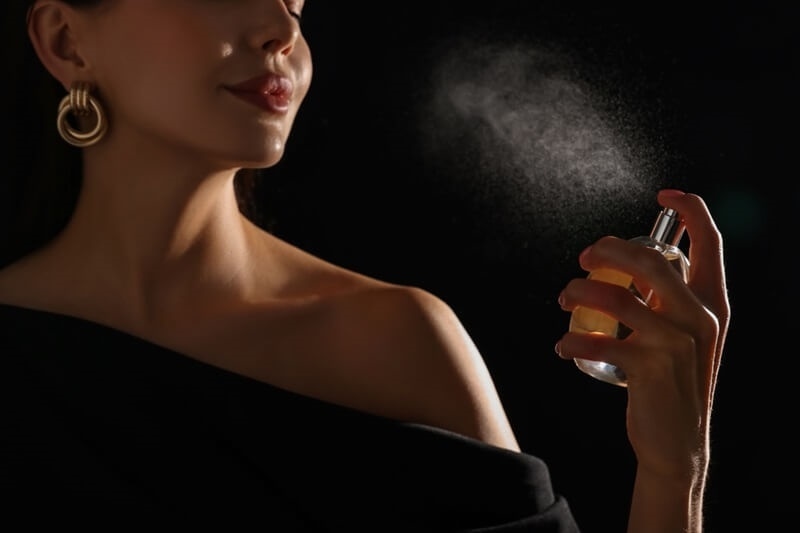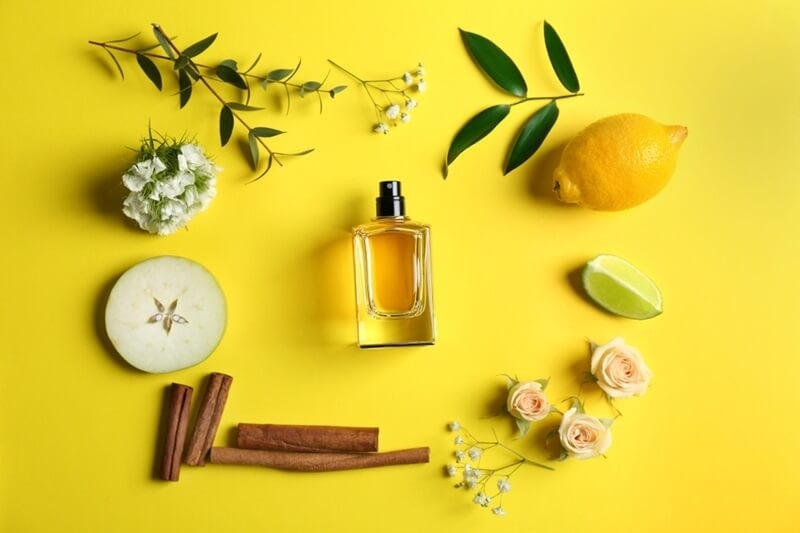
If you've ever sprayed your signature scent in the morning just to discover it's disappeared by lunchtime, you're not alone. Most perfume lovers discover that their scents evaporate much more rapidly than they'd prefer. This guide to perfume longevity will explain why that occurs and how you can make your scent last for hours.
From concentration and skin chemistry, the things that influence perfume duration, to the easy tips that show you how to get perfume to last longer, we'll cover all the bases. You'll discover why perfume doesn't last as long on some individuals as on others and how to increase your perfume longevity so your fragrance keeps up with your mood throughout the day.
Among the most frequently asked questions by scent specialists is, "Why doesn't my perfume last?" The reality is, there is no one answer—perfume longevity is a function of a mix of perfume composition, individual behaviors, and environmental conditions.
The first, most obvious element in perfume longevity is how much aromatic oil is in the formula. This is the reason the same fragrance will last several hours longer in one formulation than another.
Various perfume notes will have varying durations. Heavy, rich notes linger, but lighter ones disappear in an instant.
This is one of the most significant determinants of perfume longevity. You may fall in love with a citrus lemon scent, but don't anticipate it to behave like an oriental woody.
Even if two individuals use the same scent, one may be able to enjoy it for hours while the other sees that it is gone in a flash. These are some of the reasons why perfume lasts shorter:
If you want your fragrance to stay on from dawn until dusk, try these proven strategies:
Perfume clings better to moist skin. Pre-spray and apply an unscented lotion, shea butter, or even petroleum jelly to your pulse points. The moisturizer forms a barrier that helps hold fragrance molecules, which can drastically increase the longevity of perfume.
Fragrance layering is one of the best ways to prevent perfume from fading prematurely. Using body lotion, shower gel, and deodorant in the same scent builds intensity and extends wear.
Perfume is sensitive to light, heat, and air. Always store bottles in a cool, dark place—preferably in their original boxes—to protect the formula and maintain perfume longevity.
One of the most frequent perfume errors is rubbing wrists together after use. This degrades fragrant top notes and reduces perfume longevity. Spray and allow it to dry naturally instead.

Perfume performance varies—it depends on when and where you wear it.
Summer heat causes top notes to burst brighter but also to decay more quickly. Winter air, on the other hand, retains the gradual release of fuller base notes, so that some fragrances can last longer.
Lighter fragrances might be better for daytime, even though they tend to decay more quickly. In the evenings, richer and more potent fragrances with stronger perfume staying power are best.
Perfume will last longer on some clothing than on skin. Wool, cashmere, and scarves will keep scent for hours—sometimes days.
Knowing your fragrance family will assist in managing expectations and application style:
Perfume is constructed in layers:
The better balanced these layers are, the better the perfume's longevity will be.
You could have followed every tip written in this perfume longevity guide, and some fragrances would disappear fast on you. That's because the factors influencing perfume longevity is specific to the wearer. Factors such as body chemistry, lifestyle, and diet play a role in the behavior of scent.
If your fragrance has disappeared before you are ready, here are some quick fixes you could try:
Perfume is an art form that engages with science and one's biology. By mastering the mechanisms of how to make perfume last, learning about what makes perfume last, and refraining from habits that make perfume fade, you can get the most out of your signature fragrance.
Perfume is more than just a captivating fragrance. It's a personal aura that can last as long as you want it to last. With this guide to longevity, you can better prepare to select, wear, and maintain fragrances for your benefit and not the opposite of you.
This content was created by AI